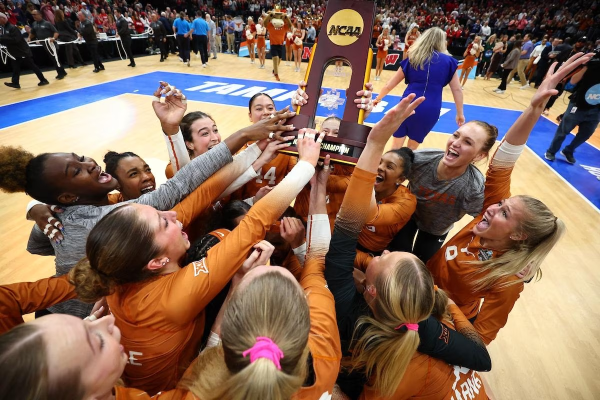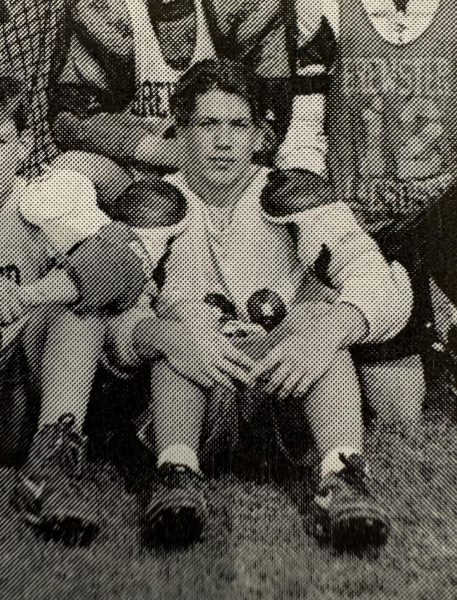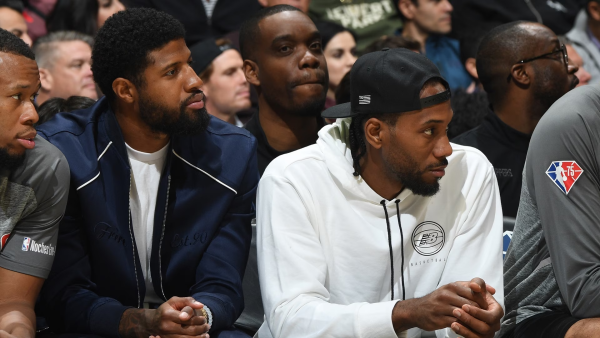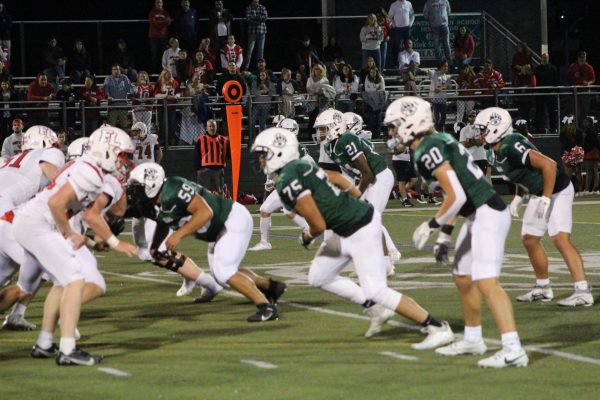Nostalgic Counterbalance
It’s the first inning of the championship game and it’s going horribly. I stand there alone on the mound with my teammates at my back; they are looking for an answer that I can’t give them. Questions fill my head, marking my mental deterioration. Self-doubt comes next. I give in to everything I’ve been trained not to do.
He takes his first step onto the field.
I see him approaching me step-by-step. I notice the crowd quieting down, the indistinct chattering of the other team, and the hesitant steps of teammates approaching me. The background noise that I block out when I pitch can now be heard and is becoming unbearably overwhelming.
Another step. His stride is too calm and calculated. I realize how hard he is trying to appear composed, just like I am. Desperately holding onto the last few moments of my dream of pitching in the championship game, I fear what it is. “Just another mound visit,” I tell myself, but deep down, I understood as soon as he took his first step toward me, that it was over.
He reaches the mound and looks straight into my eyes, and I stare into his. A silent understanding has been reached. Instead of a mound visit, it’s a pitching change. Everything falls silent. The solidification of my failure physically approaches me, his hand reaching for the ball in an attempt to salvage what could be the last game of our season. “Failure” reverberates inside my mind.
I look into my old glove and catch a glimpse of a phrase I had scribbled onto it a long time ago. “TYT,” I read: Take Your Time. Another reminder of what went wrong. I grip the ball tightly and remove it from my glove. Every last bit of heart and fight that had remained was extinguished. I give him the ball and, in exchange I get a pat on the back as I trudge back to the dugout. It was one of the few times I had ever walked off the field, and it was a painful walk.
I feel the piercing stares of my friends and the entire crowd. I keep my head down to avoid eye contact, ashamed of my performance. The walk of disappointment is matched by the crowd’s silence: pure and palpable.
I descend down the steps into the dugout. I set my glove on the bench and stare blankly into the field. The dream I had of winning the championship with my team, gone. The dream of my team winning the championship, gone.
Everything I could have or should have done floods my mind. Painstakingly, I recall each batter, each pitch, to find the answer for where it all went so wrong. I should have thrown my change-up more, but the more I think about it, the more I understand that it doesn’t matter. Nothing could change what had been done. My last outing of the year was over, and I had to accept it.
I sat in one spot on the bench for the rest of the game, reluctant to get up. We lost and finished second in our section. We should be proud of what we have accomplished to get here, but instead, we leave the stadium empty-handed, with little to show for our incredible season.
It’s games like those that shake the fundamental core of a pitcher. The unthinkable but not so preposterous enters my mind. “Why do I do this?” I ask myself, pleading for an answer. The response is harrowing. A dull echo spans across my subconscious. The question waiting to be answered, won’t be.
The truth is, I don’t know.











